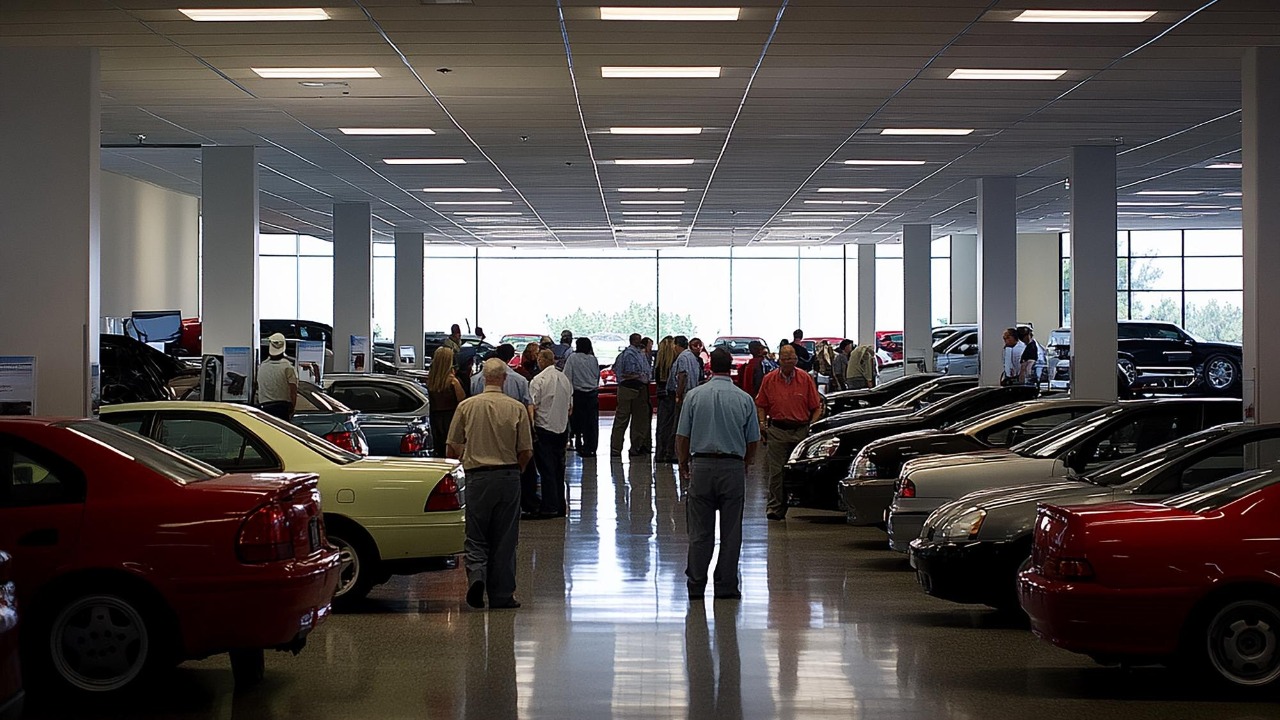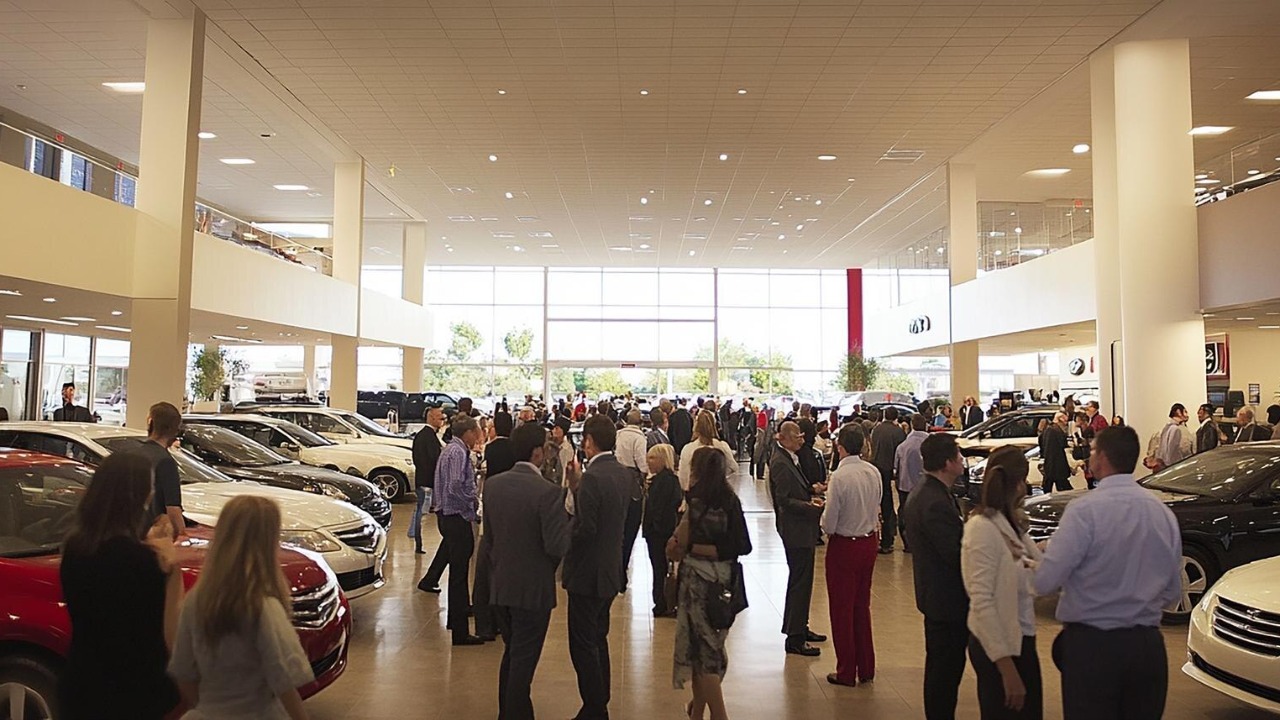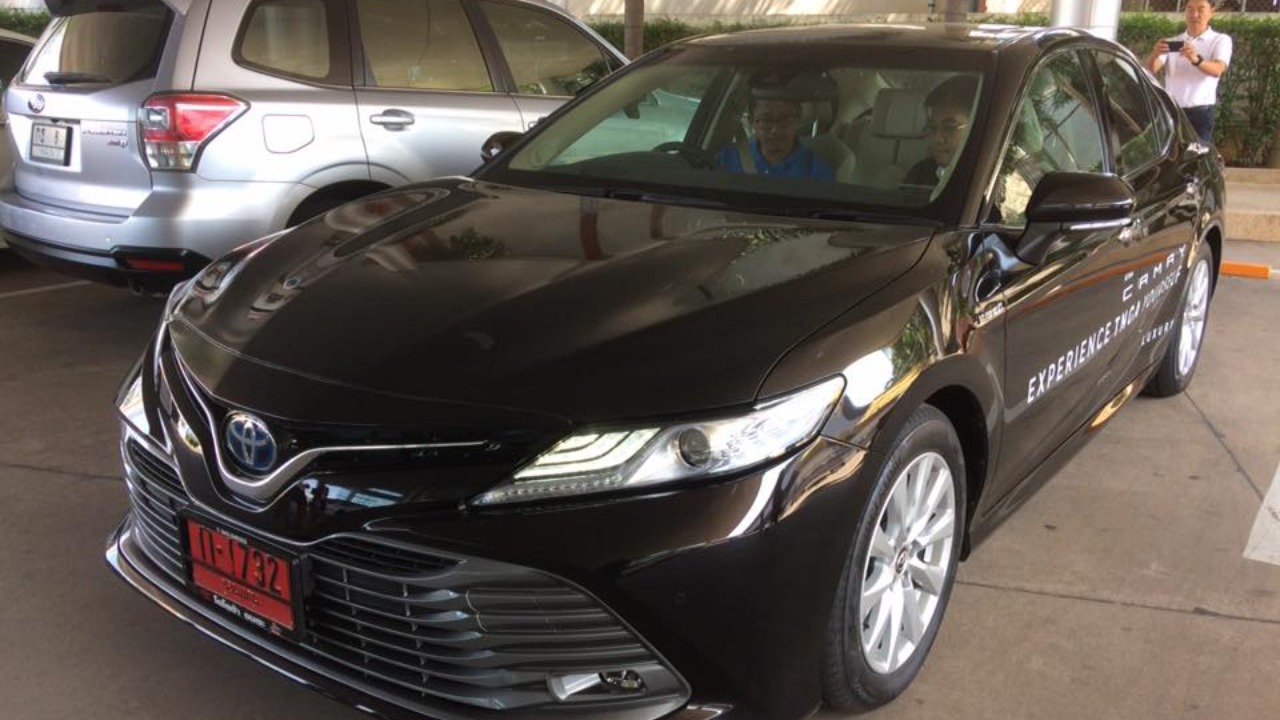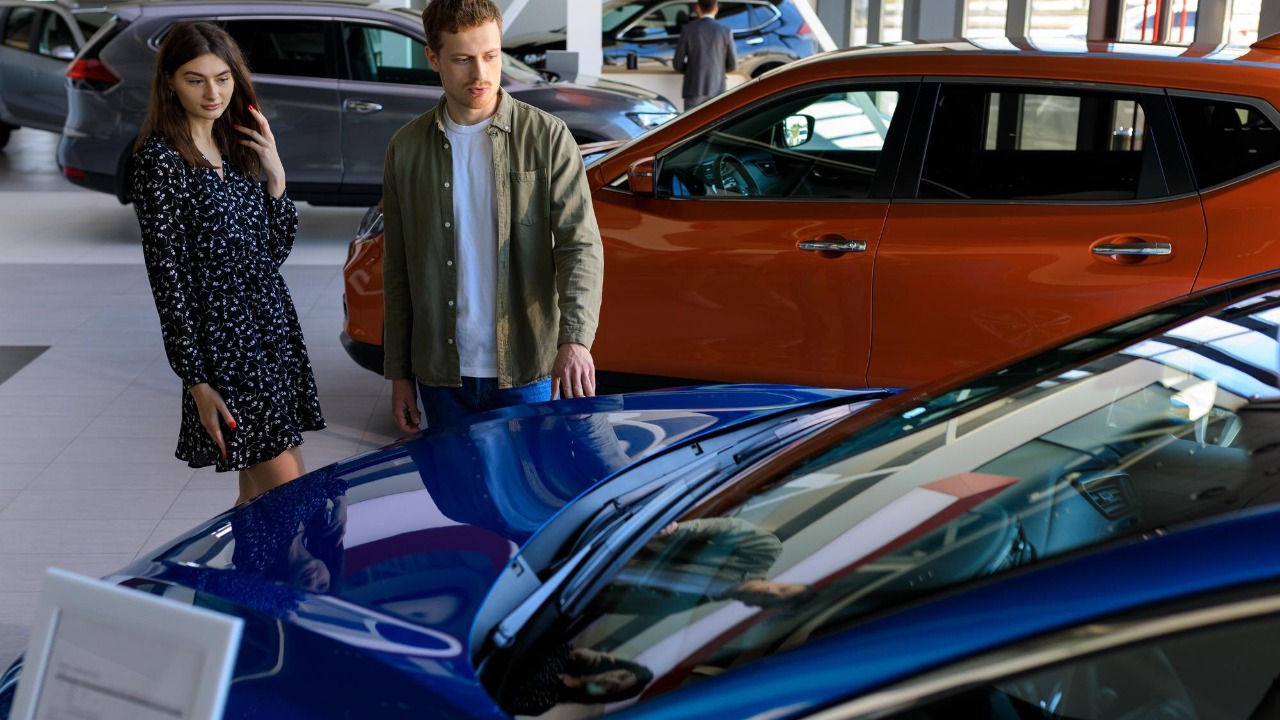
The used car market, once a bastion of stability, is experiencing significant depreciation in vehicle values. Several factors, from economic shifts to global disruptions, are contributing to this downward trend. Understanding these dynamics can help consumers and industry professionals navigate the changing landscape.
Economic Influences on Used Car Values

The current economic climate is playing a significant role in the depreciation of used car values. One of the most impactful factors is the recent interest rate hikes implemented by central banks worldwide to curb inflation. These increases have made financing used cars more expensive, leading to higher monthly payments. Potential buyers, faced with these increased costs, are deterred from making purchases, resulting in decreased demand and consequently lowering used car prices.
Inflationary pressures are another economic influence that cannot be overlooked. As the cost of living rises, consumers find their disposable income shrinking, impacting their ability to make large purchases such as cars. Furthermore, inflation affects the production costs of new vehicles, which, in turn, pushes their prices higher. This scenario initially made used cars more appealing, but as inflation persists, the ripple effect is felt across the used car market, influencing its values.
Global Trade and Tariff Impacts

Global trade dynamics have a profound effect on the automotive industry, particularly through tariffs imposed on imported auto parts. These tariffs increase the production costs for new cars, which then translates into higher retail prices. While initially, this shift in pricing directed consumer interest towards used cars, boosting their values, the long-term effect has been a market correction as tariffs continue to weigh on the industry.
The COVID-19 pandemic, coupled with ongoing geopolitical tensions, has led to significant supply chain disruptions. The resulting scarcity of new cars initially drove up demand for used vehicles, as consumers had fewer options. However, as supply chains begin to recover, the availability of new vehicles is stabilizing, leading to a normalization in the used car market. This recovery is gradually bringing used car values down from their inflated pandemic peaks.
Technological Advancements and Changing Preferences

The automotive industry is undergoing a technological revolution, significantly impacting used car values. The growing popularity of electric vehicles (EVs) is a primary driver of this change. As more consumers opt for EVs, aided by government incentives, traditional gasoline-powered vehicles are seeing reduced demand. This shift is especially evident in the used car market, where older models are becoming less desirable in favor of newer, more technologically advanced options.
Technological obsolescence is another factor contributing to the depreciation of used cars. Rapid advancements mean that vehicles just a few years old may lack the latest safety, connectivity, or fuel efficiency features that consumers now expect. For example, older models lacking advanced driver-assistance systems or integrated smartphone connectivity are less appealing to buyers, ultimately reducing their market value.
Market Dynamics and Consumer Behavior

Consumer behavior plays a crucial role in shaping the used car market. Post-pandemic lifestyle changes have led to shifts in transportation needs and preferences. With the rise of remote work, fewer people commute daily, altering their car ownership decisions. Additionally, urbanization trends, where living in city centers reduces the necessity for personal vehicles, are influencing market dynamics.
Another critical aspect to consider is the accelerated depreciation trends in the current market. Historically, used cars depreciate at a predictable rate, but recent economic and market fluctuations have hastened this process. Understanding these trends is essential for both buyers and sellers to make informed decisions. For example, a 2018 Toyota Camry might lose value faster now compared to a decade ago due to these evolving market conditions.
Speculation and Future Outlook

Speculation about future market conditions often influences current buying and selling patterns. The used car market is no exception, with analysts predicting continued volatility. This uncertainty can affect consumer confidence and market stability, as potential buyers and sellers try to anticipate future trends. For instance, discussions on platforms like Reddit reflect the apprehensions and expectations of everyday consumers.
Long-term projections offer insights into where the used car market might be heading. Factors such as economic recovery, technological advancements, and global trade policies will play significant roles in shaping future values. While some analysts remain optimistic about a rebound as economies stabilize, others caution about the challenges posed by rapidly evolving technology and shifting consumer preferences. For a deeper understanding, watching industry expert analyses, such as those on YouTube, can provide valuable perspectives.